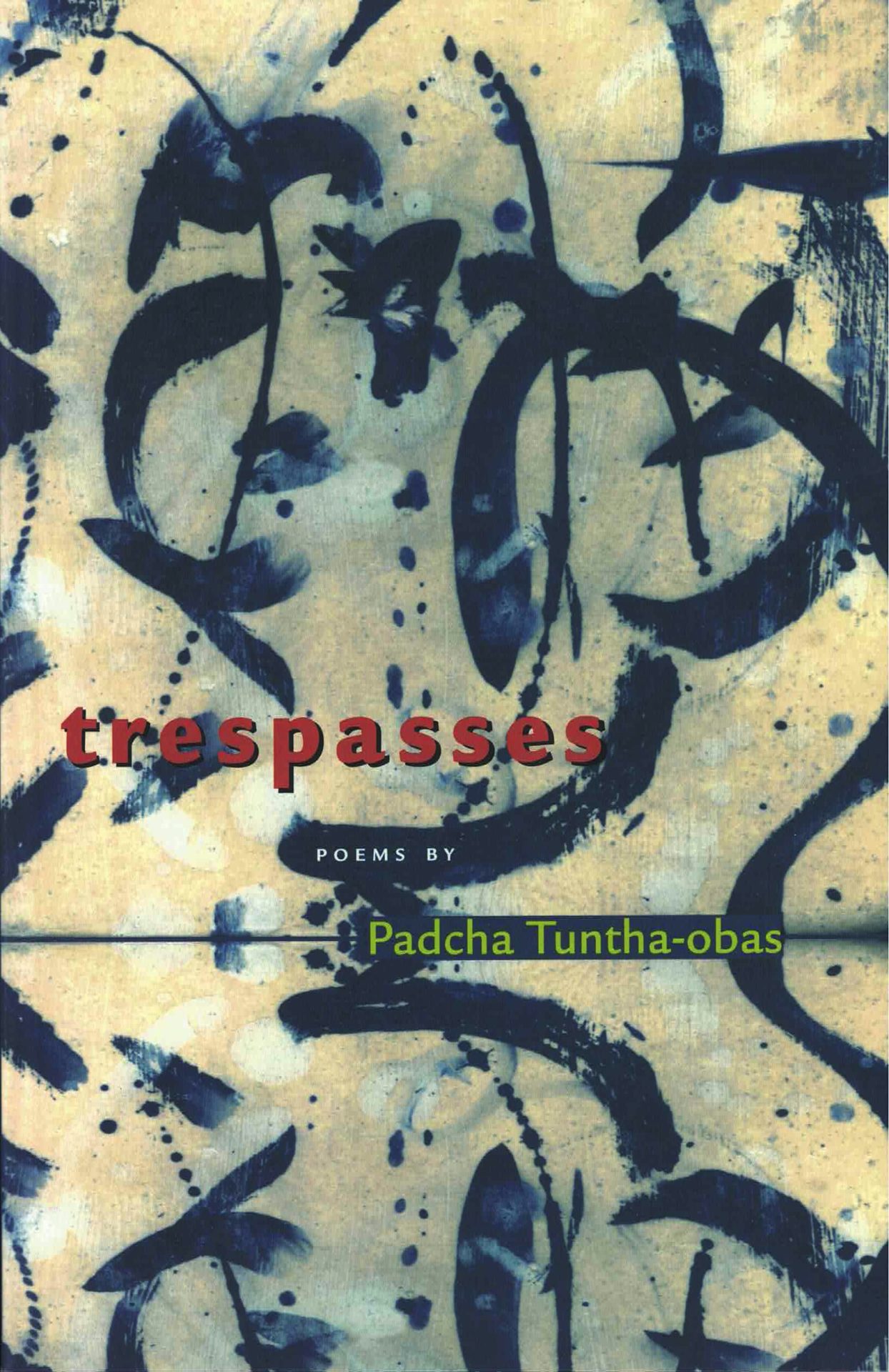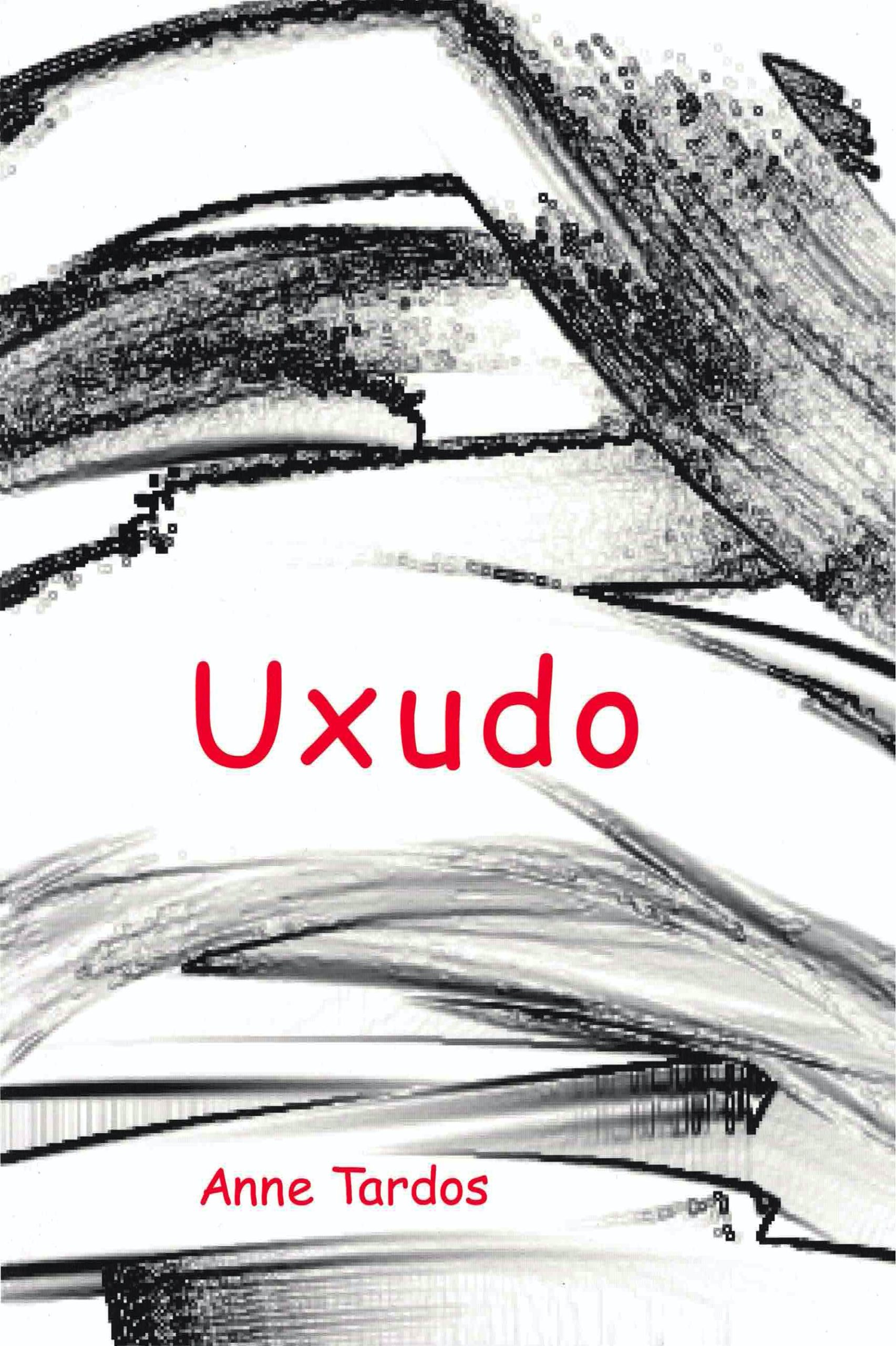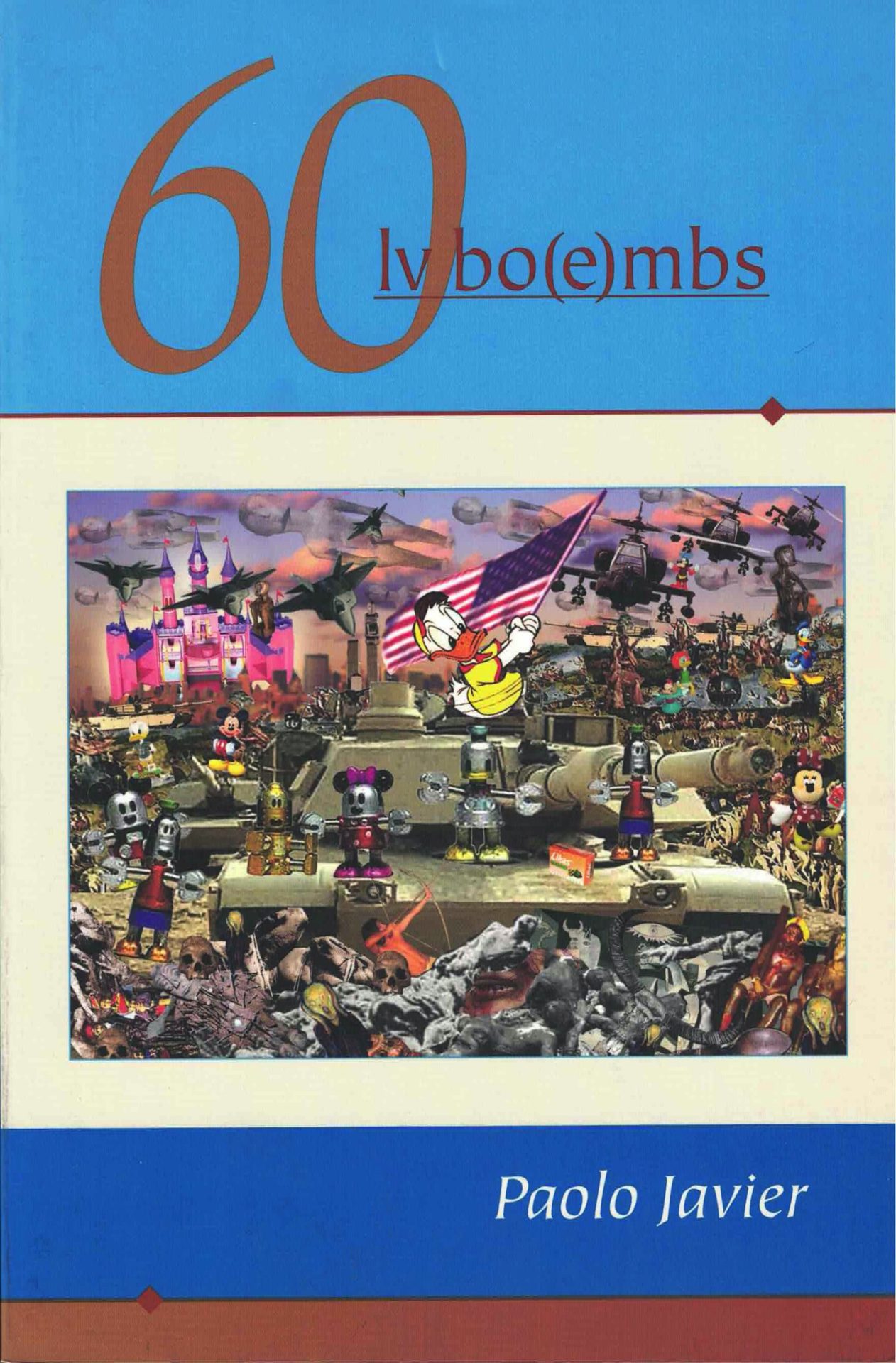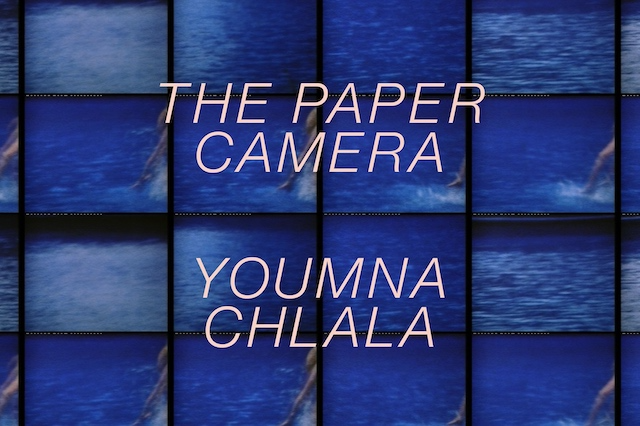Writing about and within the differences in language, Tuntha-Obas explores the multifarious ways in which the world is rendered through English and Thai, as well as the renegotiation of language with space, of a native language transformed in the context of writing in the U.S. Transmuting Western canonical texts, such as those of Plato, and invoking subversive, genre-bending writing that traverses continents, such as Theresa Hak Kyung Cha’s Dictee, trespasses charts out a space that seeks to remain “debordered,” where “words aren’t to be owned. they are / created.”
Padcha Tuntha-Obas
Praise for Trespasses
Poetry as wise and startling as this trespasses on the Anglo-American familiar not by deranging it but by putting it into vibrant polylogue with other sensibilities—Plato’s and Wittgenstein’s as well as those of Thai culture. Padcha Tuntha-obas locates these intersections with the urgent exactitude and daring beauty of a poesis creating a way of living in the situation of excess and silence that defines “foreignness.” The result, as you’ll see, is a moving experience of the trans-elucidation of language by ingenious desire.
— Joan Retallack
Few things have changed the terrain of US literature in recent years as much as the global spread of English. The question that haunts much of this literature is less what it means to be an American and more what it means to suddenly be forced to be in dialogue with and in English, like it or not. Thai writer Padcha Tuntha-obas wrote trespasses while she was living in the US for several years. And she takes up in this beautiful collection of poems what it means to be a Thai writer but one suddenly writing in English, what it means to be writing within the US but not as an American, what it means to be caught in a difficult embrace with what is foreign.
— Juliana Spahr
“OUR SPEECH shall sit / among exact solitude…” —so begins this most wonderful of first books by Padcha Tuntha-obas, whose sense of how the language of poetry is always political (not simply composed of one set of materials, spoken in one voice, but a multitude of vocalities shaped on the page by the poet whose position in the world exists between words, trespassing from one to another, “breathing in and out / amidst the air” as she says) has transformed her experience into such ear- and eye-catching poems, which show us how and why it is that “difference lives beautifully in every sound.”
— Stephen Ratcliffe





Overlays of English grammar morph the Thai into a hybrid language, so that it becomes an enunciation that pronounces itself between languages. As in her concluding poem series, “trees,” trespasses is a work in which Tuntha-obas’ transplanted voice grows in this fissure, a contradiction without contradiction, “yearning to be debordered” (3).
— Alysha Wood, Galatea Resurrects
In the end, for me, this book serves as an intense reminder of the possibilities, problematics, and loneliness of living in language (any language) and how living in language can bring us all closer to each other.
— C.E. Putnam, The Poetry Project Newsletter